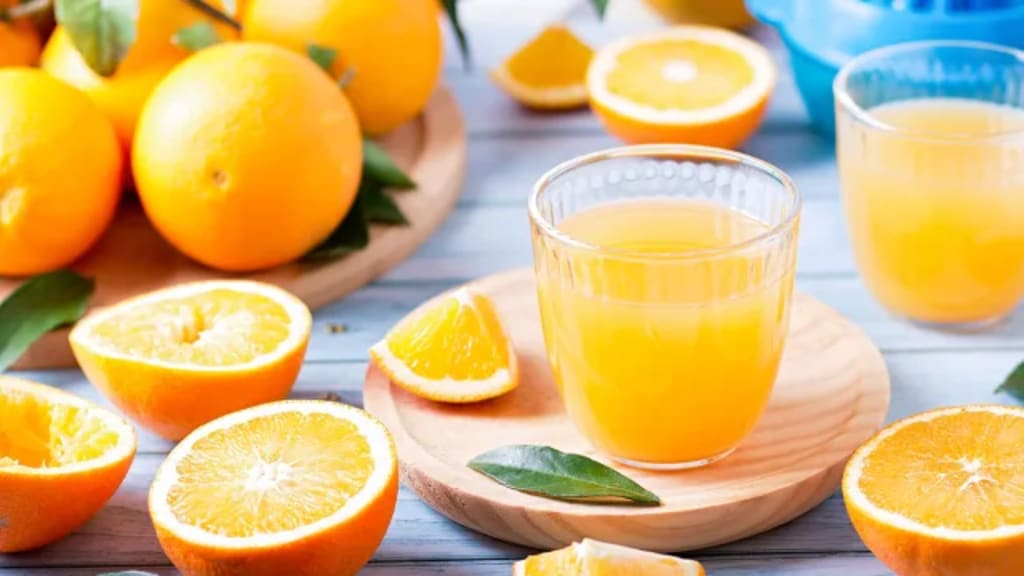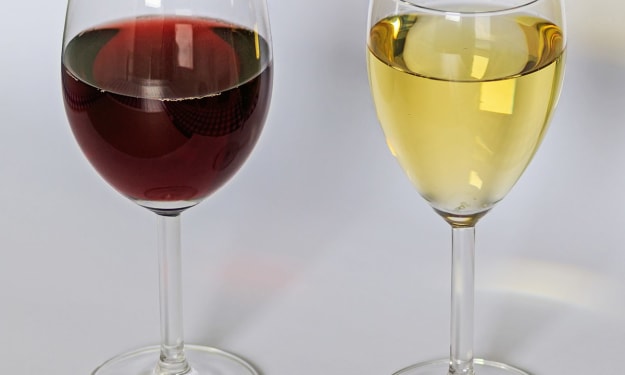Iron Bioavailability Is Raised To New Heights With Vitamin C
This is for you!

Iron is a difficult mineral to obtain enough of, and iron insufficiency is one of the most common deficits on the planet.
While some of our iron requirements are satisfied endogenously (by breaking down our own red blood cells), we all require iron from external sources on a regular basis. And a significant portion of the population is lacking in iron, with 6.7 percent of U.S. children and 9.5 percent of U.S. women between the ages of 12 and 49 being iron deficient, and 5% of the adult population failing to take just five to eight milligrams of the mineral each day. According to research, depending on our gender and life stage, we require eight to 27 milligrams of iron every day.
These figures make you think... Why are Americans having such a hard time getting enough iron?
Bioavailability of iron is poor.
The absorption of iron is notoriously difficult. Furthermore, every day, the entire population loses a certain amount of iron (e.g., in our urine, perspiration, and other bodily fluids), and menstrual women lose much more iron during their monthly periods. To compensate for these losses, we need a particular amount of dietary iron.
Heme iron, which comes from animal food sources (meat, fish, and poultry), and non-heme iron, which comes from both plants and animals, are the two forms of dietary iron. Non-heme iron is not as easily absorbed as heme iron, hence vegetarians may struggle to receive enough bioavailable iron from their diet.
Supplements can help you get a little more iron if you don't get enough from your diet. In terms of form, iron supplements cover a wide range of quality, softness, and bioavailability. If you're not sure, search for a supplement that contains ferrous bisglycinate (the amino acid chelated form) for the best absorption and gentleness.
We've discovered a hidden weapon that will help you maintain sufficient iron levels, whether you're wanting to raise your absorption of dietary non-heme iron (hello, vegans!) or just improve the effectiveness of your iron supplementation. Let's talk about vitamin C.
What is the mechanism through which vitamin C improves iron absorption?
Heme and non-heme iron are divided into two pools in the gut. In general, heme iron absorption is unaffected by the other nutrients in your last meal, although non-heme iron absorption is substantially influenced by them.
Non-heme iron absorption is inhibited by anti-nutrient phytates (the stored form of phosphorus present in grains, seeds, and legumes), phytonutrient polyphenols (organic substances found in plants), and companion mineral calcium.In the stomach, heme and non-heme iron are separated into two pools. The other nutrients in your previous meal have little effect on heme iron absorption, but they have a big impact on non-heme iron absorption.
Fortunately, vitamin C increases the absorption of non-heme iron. Furthermore, vitamin C enhances the intake of iron from transferrin (the protein that carries iron through the blood), ensuring that iron is not only correctly absorbed but also disseminated throughout the body.
If you have trouble absorbing dietary iron, making sure you get adequate vitamin C can help you get more iron and improve your vitamin C status (which comes with a slew of additional health benefits for your skin, immune system, and more)
Consider increasing your vitamin C intake by eating more vitamin C-rich foods and taking a high-quality vitamin C supplement, such as mbg's vitamin C potency+, which contains 1,000 milligrams of accessible vitamin C. Your iron levels will appreciate it!
Consult your doctor before beginning a supplement regimen if you are pregnant, breastfeeding, or using medications. When deciding which supplements are ideal for you, it's always best to consult with a health care expert.





Comments
There are no comments for this story
Be the first to respond and start the conversation.